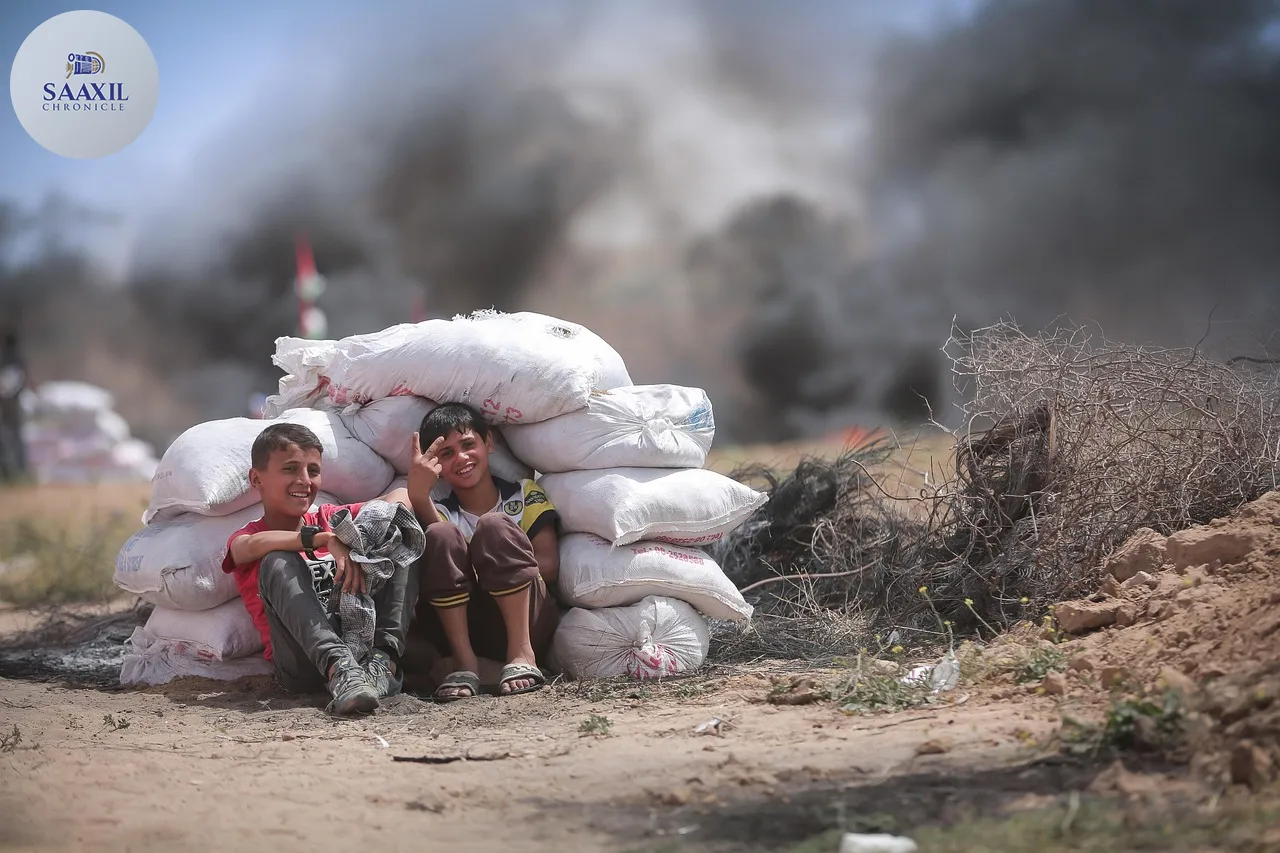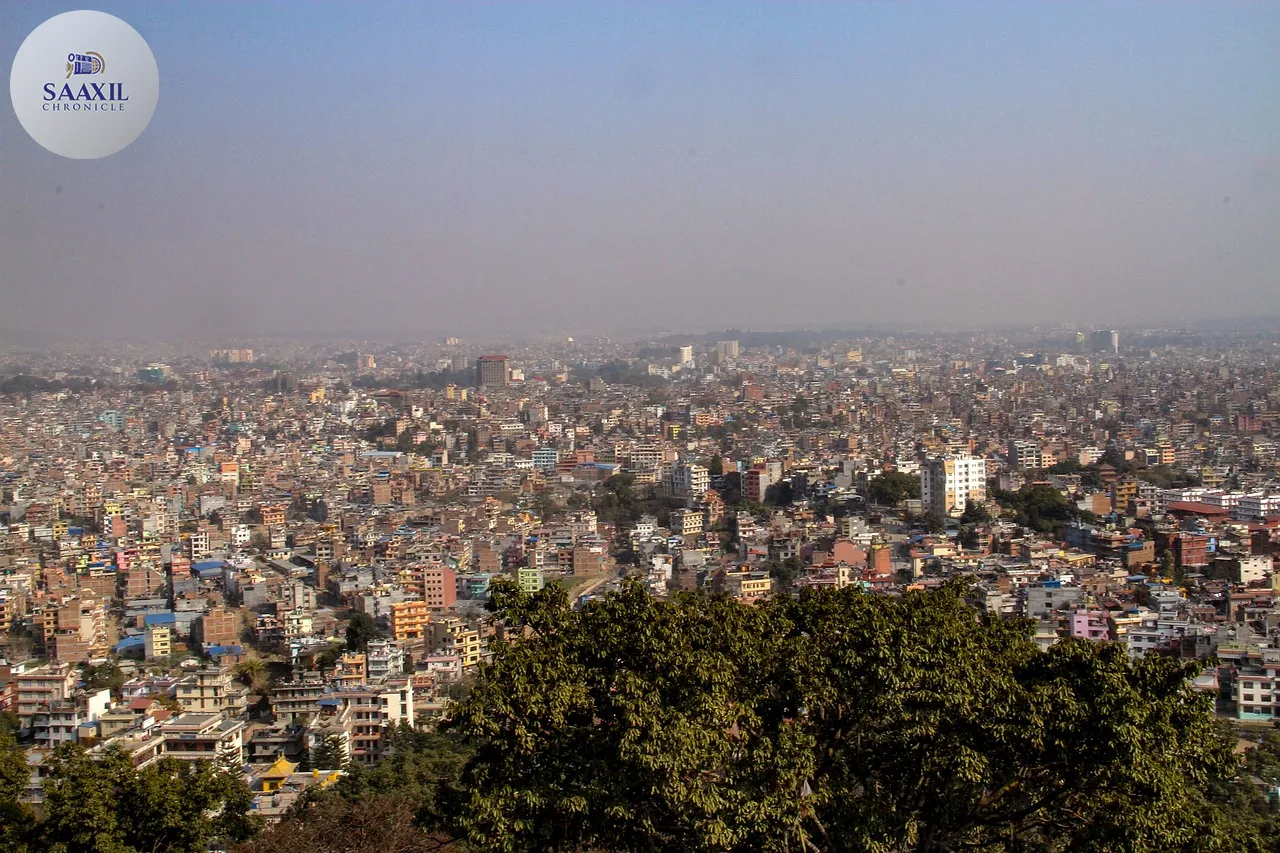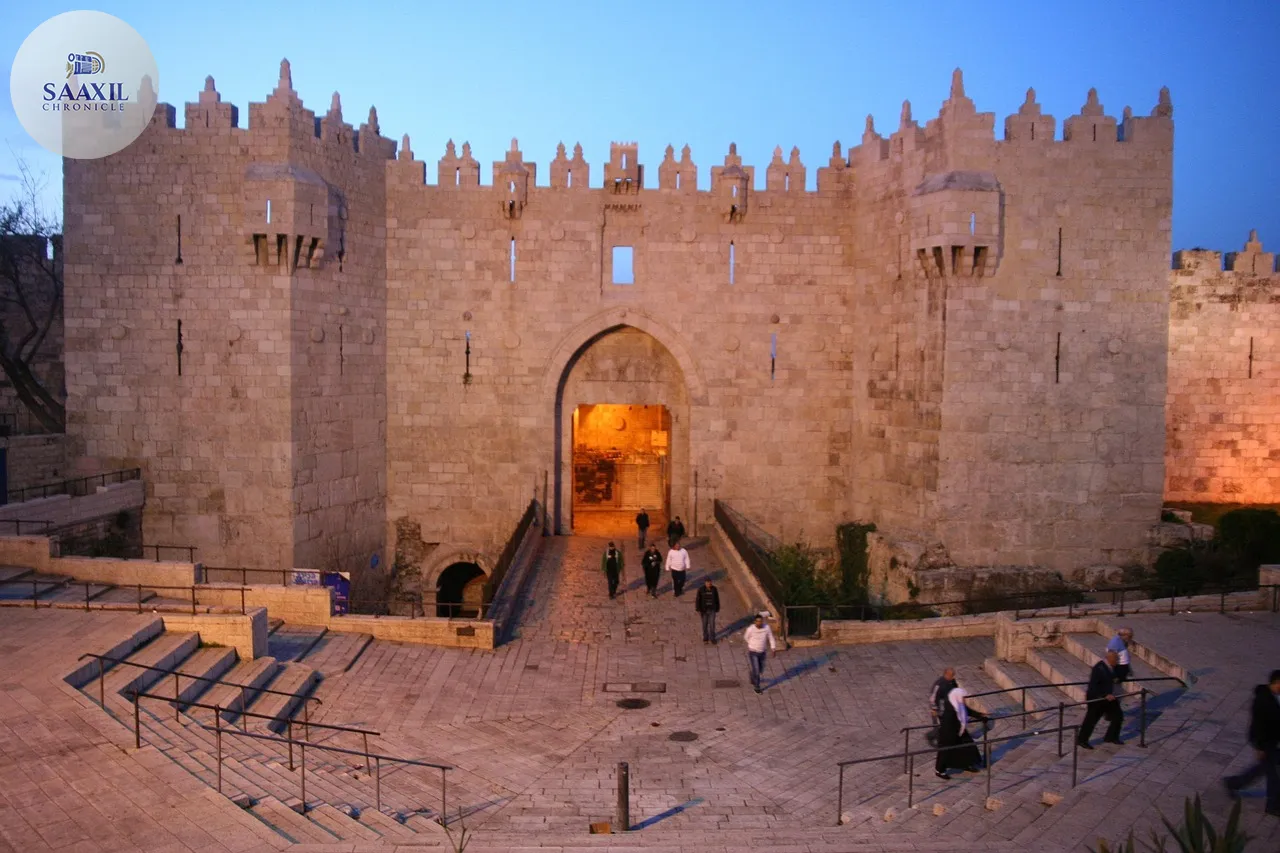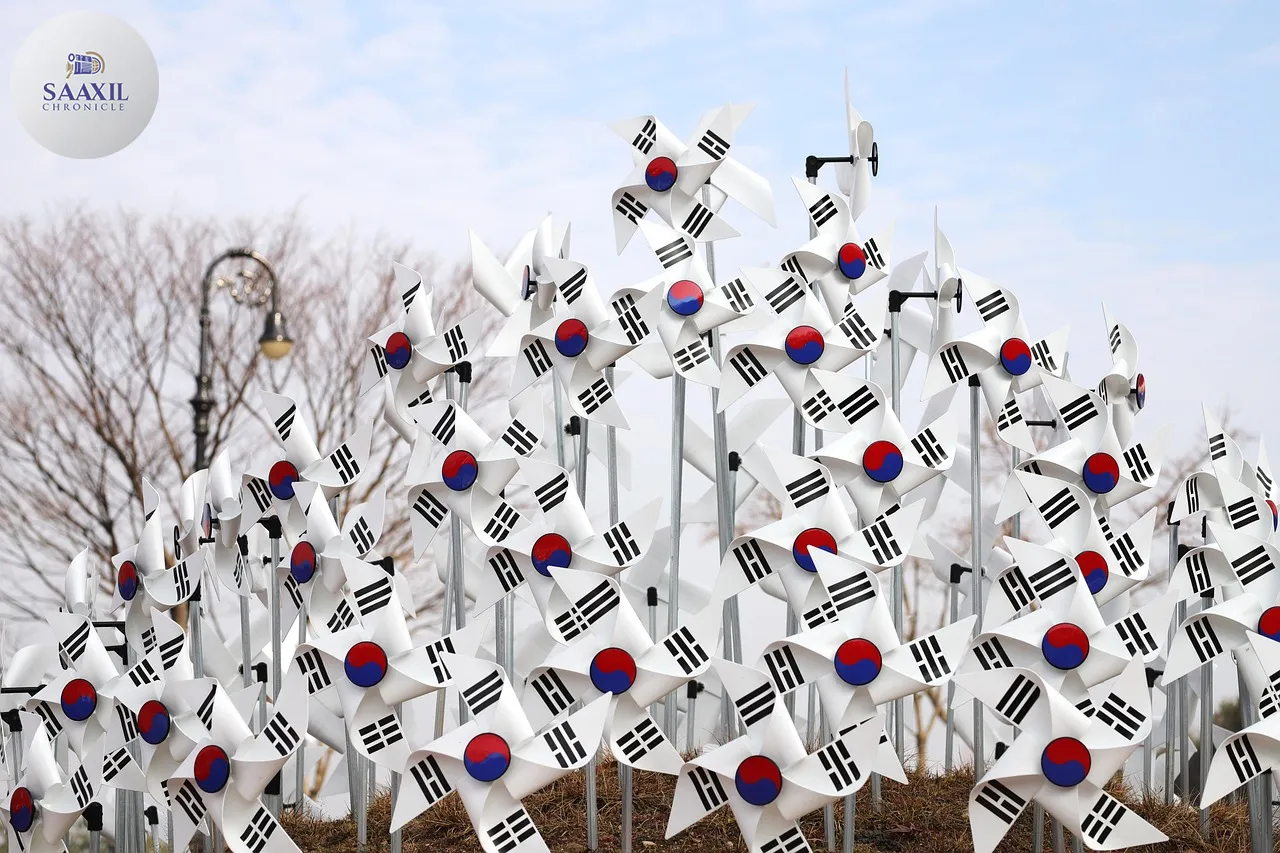Graphic images and distressing footage from Gaza continue to shock the world, as the region endures a prolonged humanitarian crisis. For over a year and a half, the international community has been confronted with harrowing scenes of devastation, despite efforts to shield the public with content warnings and blurred images. This ongoing conflict, characterised by severe human suffering, has sparked moral outrage and calls for action from global citizens, even as political leaders remain largely silent or dismissive.
The crisis in Gaza has reached unprecedented levels of brutality. In recent weeks, images of lifeless bodies, including children, have surfaced, leaving a lasting impact on those who witness them. These scenes, often described as nightmarish, are a stark reminder of the human cost of the conflict. The violence, marked by indiscriminate killings and the destruction of entire families, continues unabated, challenging the world’s capacity to remain indifferent.

Political Inaction and Humanitarian Pleas
The ongoing violence in Gaza has prompted a range of responses from political leaders and international organisations. However, many argue that these responses fall short of addressing the severity of the situation. Political discourse often resorts to vague calls for negotiations, as if the conflict could be resolved with diplomatic niceties. This approach has been criticised for its failure to acknowledge the scale of the humanitarian disaster unfolding on the ground.
International organisations, including human rights groups and humanitarian aid agencies, have consistently highlighted the crisis in Gaza. They have documented numerous violations of international law and have called for immediate action to protect civilians. Despite these efforts, their voices are frequently ignored or dismissed, particularly by countries that support Israel. This lack of response has led to growing frustration and anger among those who advocate for justice and accountability.
The Silencing of Dissent
As the situation in Gaza deteriorates, speaking out against the violence has become increasingly risky. In some countries, expressing solidarity with the people of Gaza or criticising the actions of the Israeli government can lead to arrest or other forms of punishment. This climate of fear and repression has further isolated Gaza from the international community, leaving its people without a platform to share their stories.
Journalists and activists face significant barriers in bringing attention to the crisis. Foreign journalists are often denied entry into Gaza, while local reporters risk their lives to document the reality on the ground. The killing of local journalists and aid workers has further stifled the flow of information, making it difficult for the world to grasp the full extent of the suffering.
The Role of Social Media
Social media platforms have played a crucial role in raising awareness about the situation in Gaza. Despite restrictions and censorship, individuals continue to share images and stories, providing a glimpse into the daily horrors faced by the people of Gaza. These platforms have become a vital tool for those seeking to highlight the plight of civilians and demand international intervention.
However, the use of social media also comes with challenges. Misinformation and propaganda are rampant, complicating efforts to convey an accurate picture of the conflict. Additionally, the emotional toll of witnessing such graphic content can desensitise audiences, reducing the urgency of their response over time.
International Calls for Accountability
The international community has called for accountability and justice for the victims of the Gaza conflict. Human rights organisations have documented numerous cases of potential war crimes and have urged the International Criminal Court (ICC) to investigate. While these calls have garnered support from some quarters, they have also faced significant opposition, particularly from countries allied with Israel.
The complex geopolitical dynamics surrounding the conflict have made it difficult to achieve consensus on how to address the crisis. As a result, the people of Gaza continue to suffer, caught in a cycle of violence and neglect. The lack of accountability has emboldened those responsible for the violence, perpetuating a sense of impunity.
Looking Ahead
The humanitarian crisis in Gaza remains one of the most pressing issues on the global stage. As the conflict continues, there is a growing need for international intervention and a renewed commitment to peace and justice. The voices of those affected by the violence must be amplified, and their suffering must not be forgotten.
In the face of political inaction, it falls to the global community to demand change and hold those responsible accountable. The situation in Gaza is not just a regional issue; it is a test of the world’s collective conscience and its ability to stand up for human rights and dignity. The moral outrage expressed by citizens worldwide serves as a powerful reminder that the status quo is unacceptable, and that meaningful action is urgently needed.





